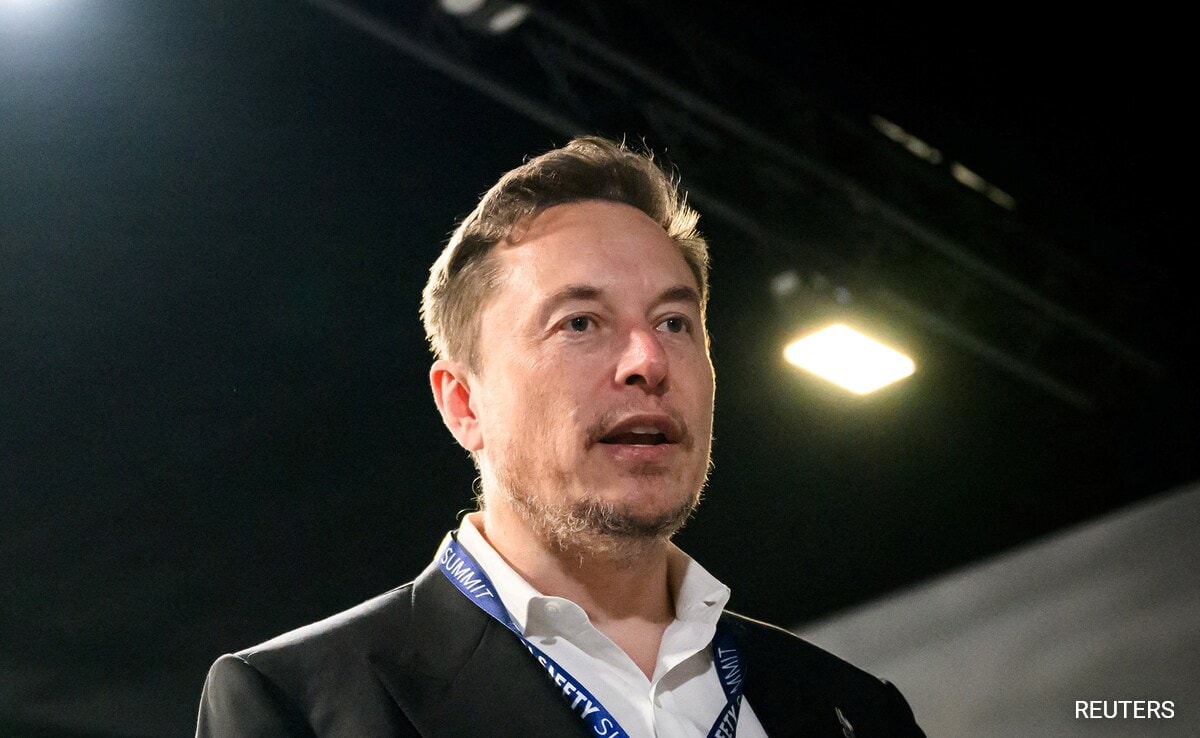Chinese official talks with North Korean counterpart in the nations’ highest-level meeting in years
A top Chinese official arrived in North Korea and held talks on how to boost their cooperation, North Korea’s state media reported Friday, in the counties’ highest-level meeting in about five years. Zhao Leji, who is chairman of China’s National People’s Congress and considered the No. 3 official in the ruling Communist Party, arrived in…





